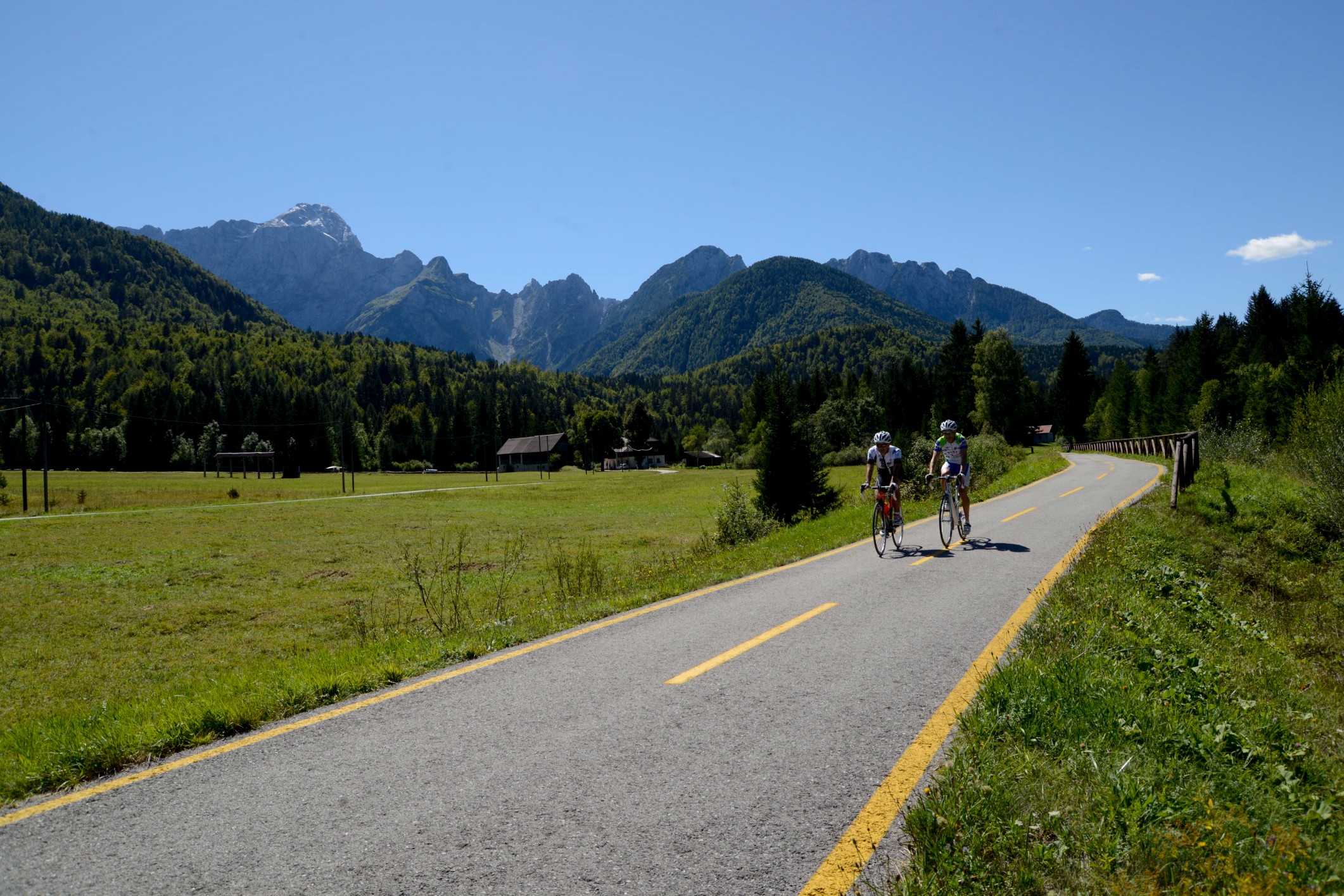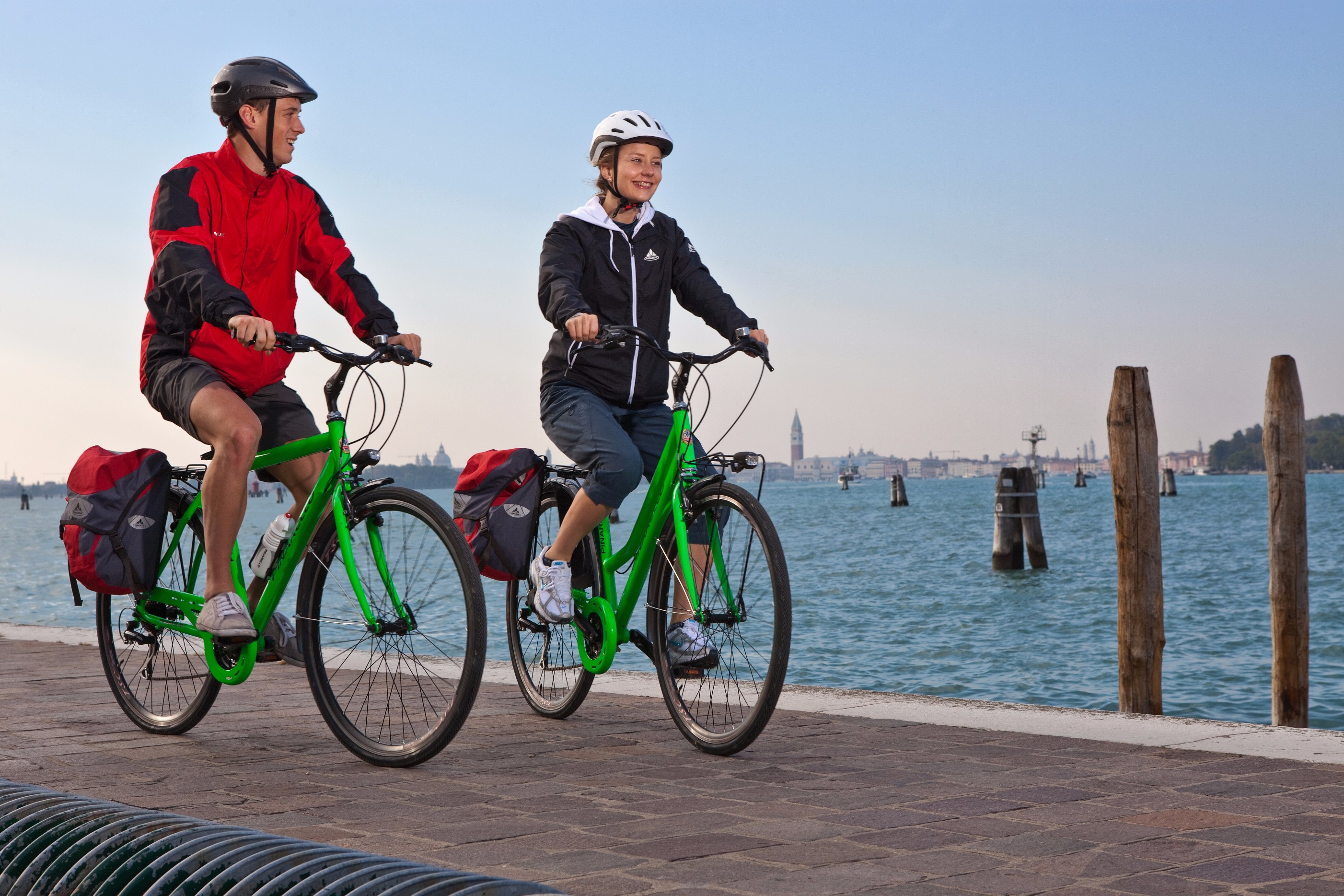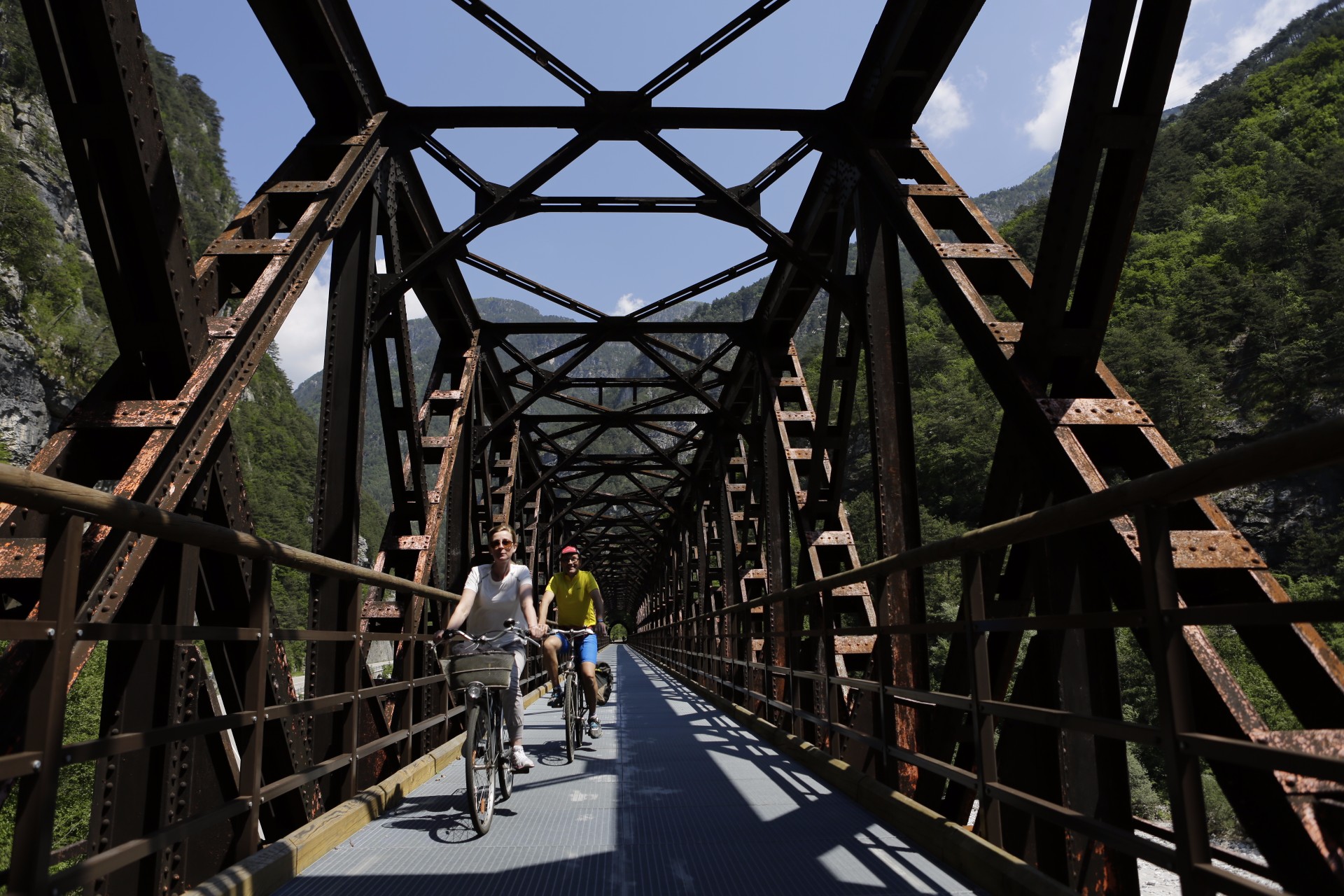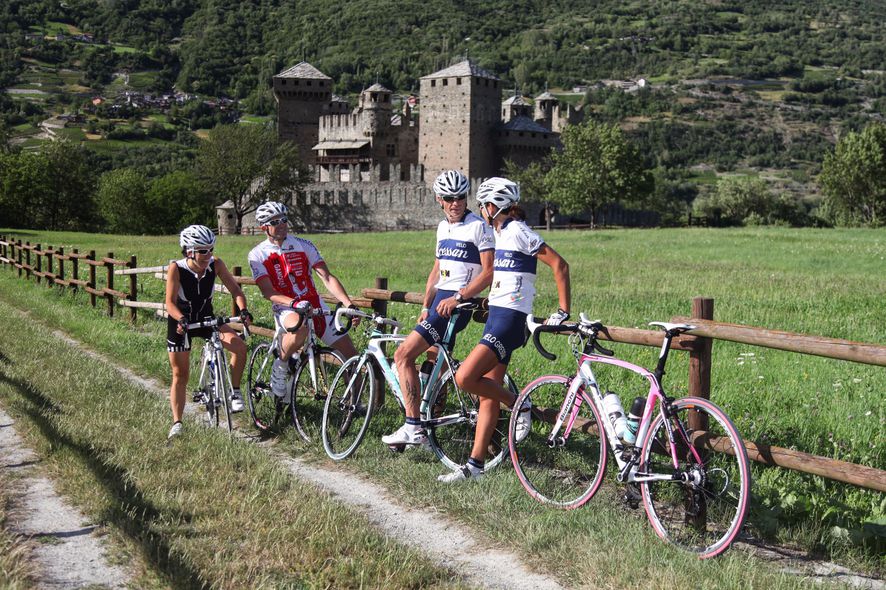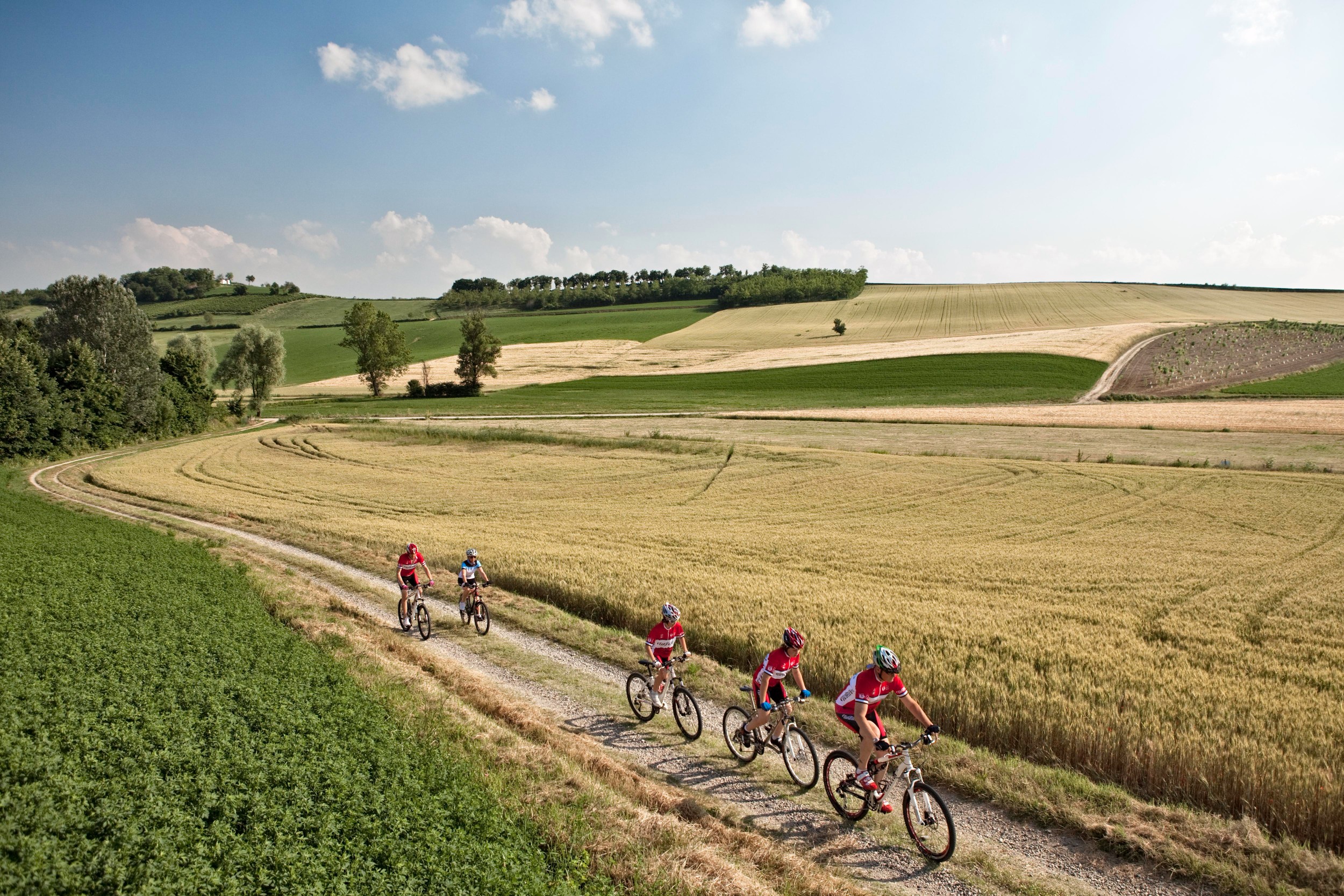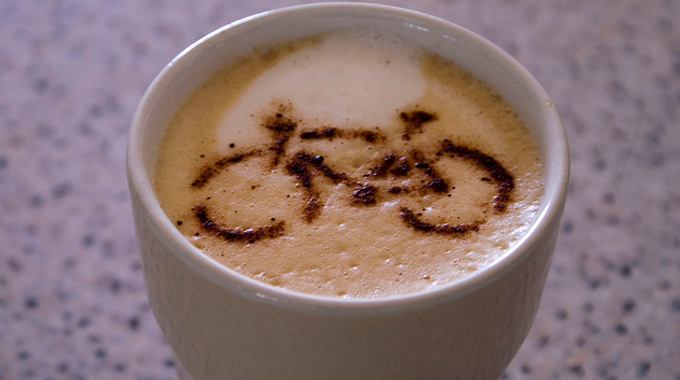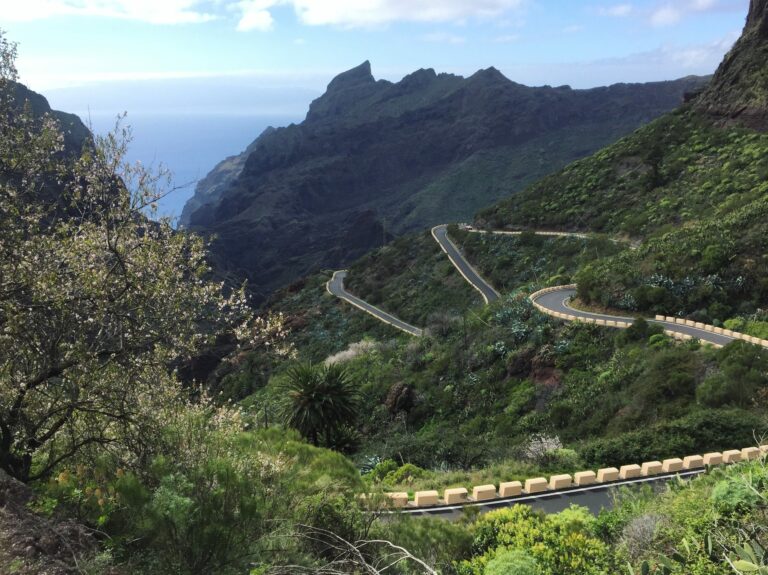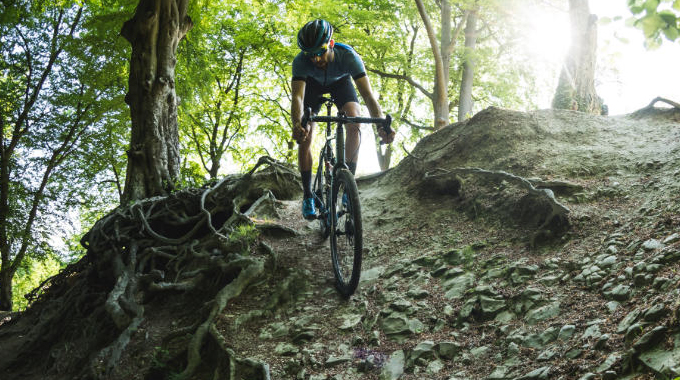Northern Italy is nothing short of a road cycling paradise.
From fearsome climbs made famous by the Giro d’Italia to stunning scenery and family cycling routes, the mountains and valleys of the country might as well have been purpose-built for the sport.
With so many options out there though, it can be hard to know where to start if you’re looking to explore Italy on a bike. We’ve teamed up with Green & Blue, a new initiative set up to promote adventure sports in the region, to shine a spotlight on some of the best road cycling routes in Northern Italy.
1) Cycling from Albenga to Genova, and Around Liguria
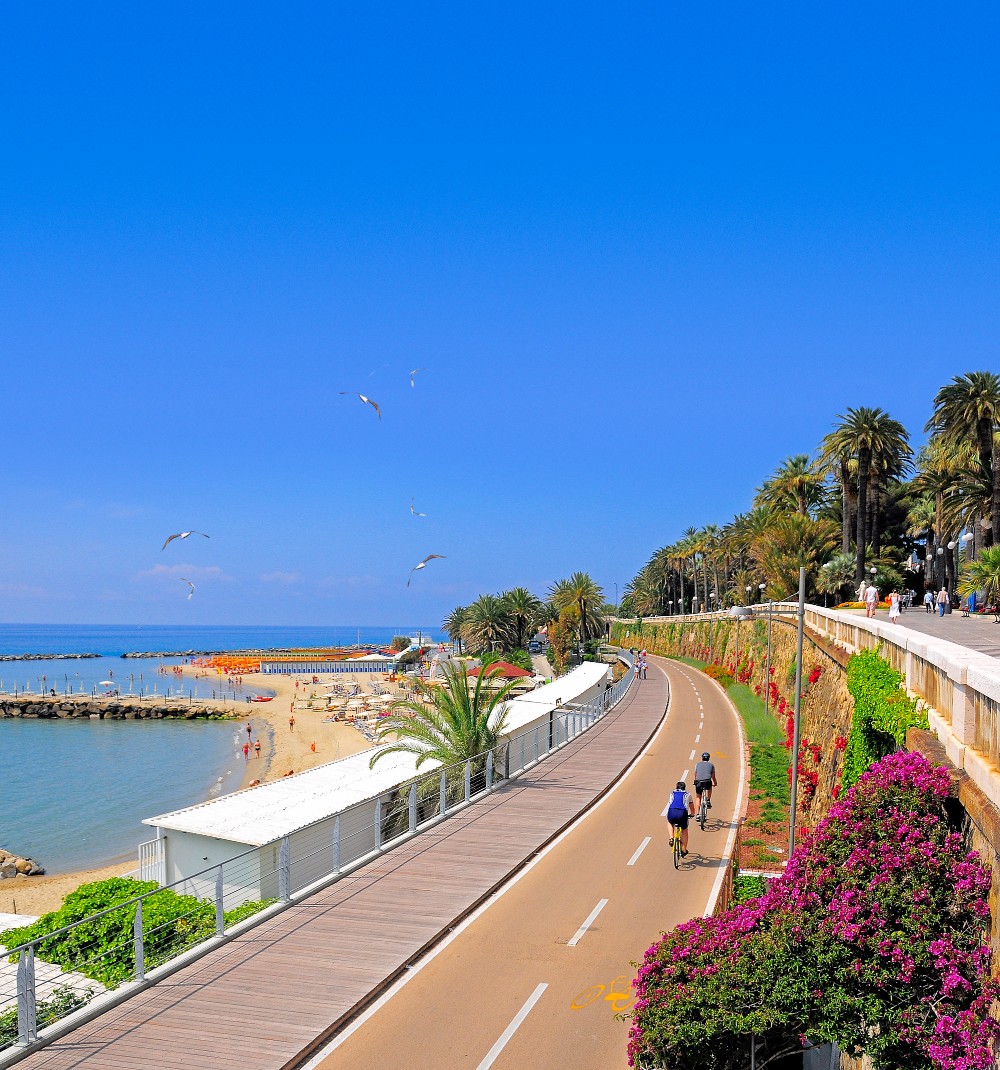
The region is actually one of the most popular for the road cycling thanks to the stunning coastal views, where you can find wonderful cycle tracks like the Pista Ciclabile del Ponente Ligure, a 24 kilometres freewheeling track far from the traffic, from Imperia to Ospedaletti, where the old railway has become a wonderful cycle track where it is possible to rent bicycles.
The 177k cycle from Albenga to Genova is a beautiful route that takes you inland through the hills of Liguria. You’ll constantly be riding either up or down, and riding twisting roads likely to bring a sense of isolation and total escape. This is one of the best preferred routes for the Giro D’Italia.
After that, you’ll come back out to the coast and through some beautiful tunnels on your way to the big city of Genova. If it sounds like a lot of work, there are plenty hotels along the way to break up the route! The Maremonti cycle path in Liguria meanwhile links together the towns of Levanto, Bonassola and Framura and is purpose-built for families. Expect a lot of close-up ocean views, because the path is built along an old railway line just metres above the sea.
For all of these reasons, Liguria could be considered a paradise for cycling.
2) Cycling the Ciclovia del Sole, Emilia Romagna
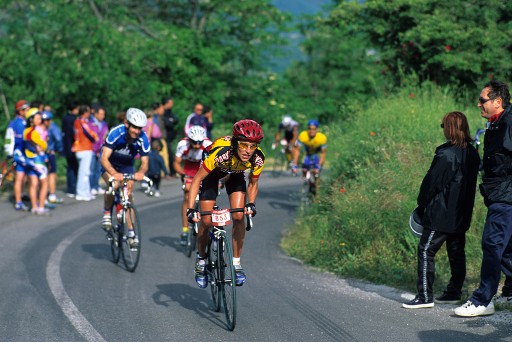
Emilia Romagna is probably the top region in Italy in terms of cycle paths. There are 8,000km of routes for cyclists, from roads and paths to dirt.
Along the way it will be easy to recharge your batteries thanks to the array of bike cafes that pop up en route, with an abundance of food and drink stations where you can regain your energy and plenty of stations to literally recharge if you’re riding an e-bike as well.
The great historical views are represented by 14 ancient roads and pilgrimage routes which run across Emilia-Romagna, including Via Francigena, Via Romea Germanica and Via Romea Strata – each characterised by greenery, rolling hills, the rise of the Apennine mountains and the ever-stunning Adriatic Coast.
Emilia-Romagna is also home to two national cycle ways. The Ciclovia del Sole is one we’d particularly recommend checking out, providing a stunning cycle between Verona and Florence through typical Italian towns and greenery.
3) Taking On The Stelvio Pass, Lombardia
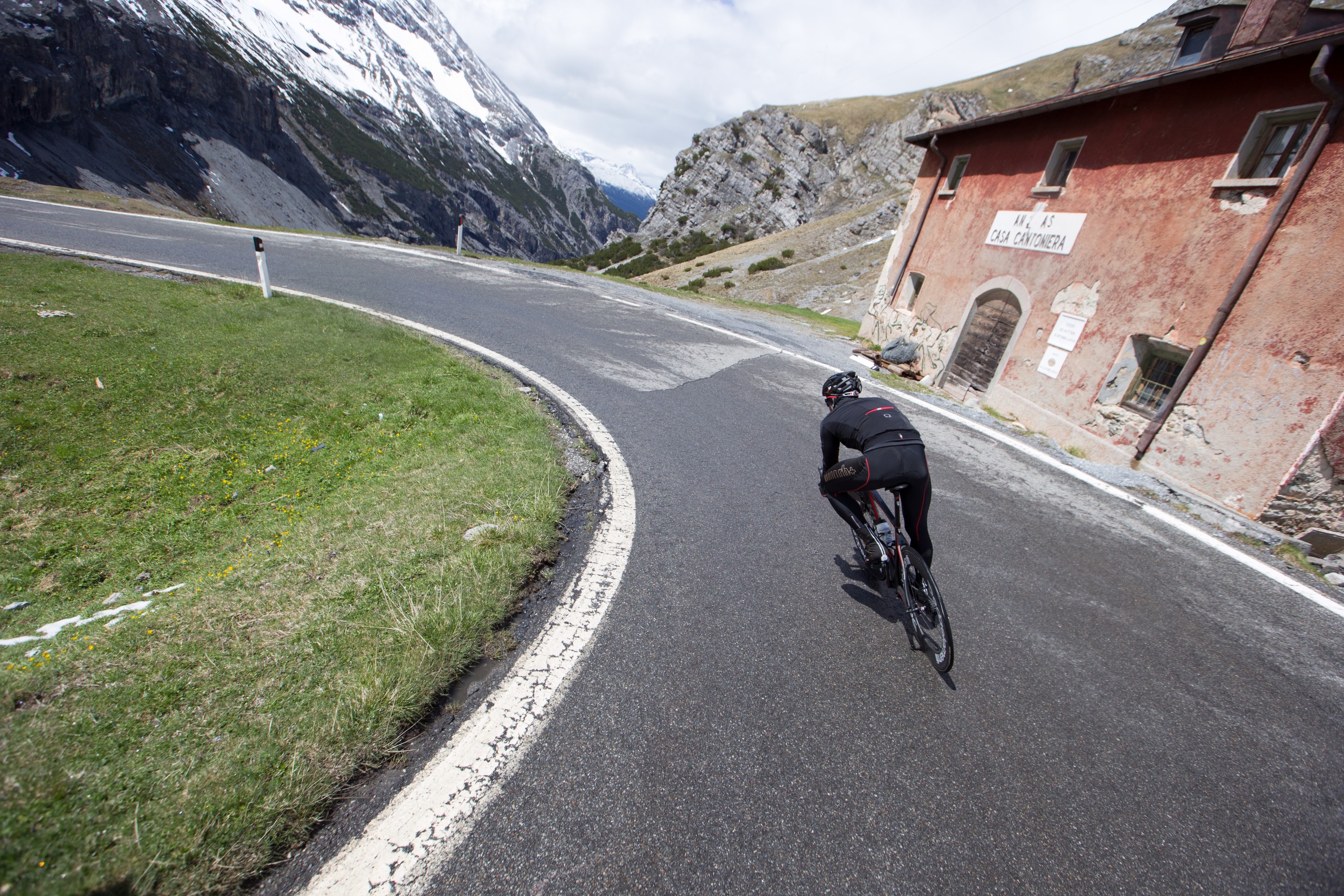
Lombardia has everything you need to experience road cycling at its fullest in Italy, from The Alps to the Apennines, mountains to rivers and vineyards to rice fields. It’s also where to go if you want to access climbs from the world famous Stelvio Pass, Mortirolo Pass and Madonna del Ghisallo.
The Stelvio Pass in particular is one of the most impressive cycles in the world. At an elevation of 2,757m above sea level, it’s the highest paved mountain pass in the Eastern Alps and the second highest in the Alps (with France’s Col de l’Iseran being 13m higher). It’s also a road drenched in the history of the sport. It was on the Stelvio back in 1953 during the Giro d’Italia that the famous Italian cyclist Fausto Coppi put three and a half minutes between himself and race leader Hugo Koblet to claim his fifth Giro title. Since then it’s become embedded in the lore of the sport.
The Stelvio Pass is a road for experts though, and probably not the best option if you arrive in Lombardy with your family. Don’t worry though, there’s plenty of other options, including the 279km cycle from the Rhaetian Alps to Lake Iseo. That may sound long but it’s broken up into five segments, so you don’t have to do it all if you don’t want. And no matter which segment you choose you’ll be following the beautiful River Oglio as you go.

